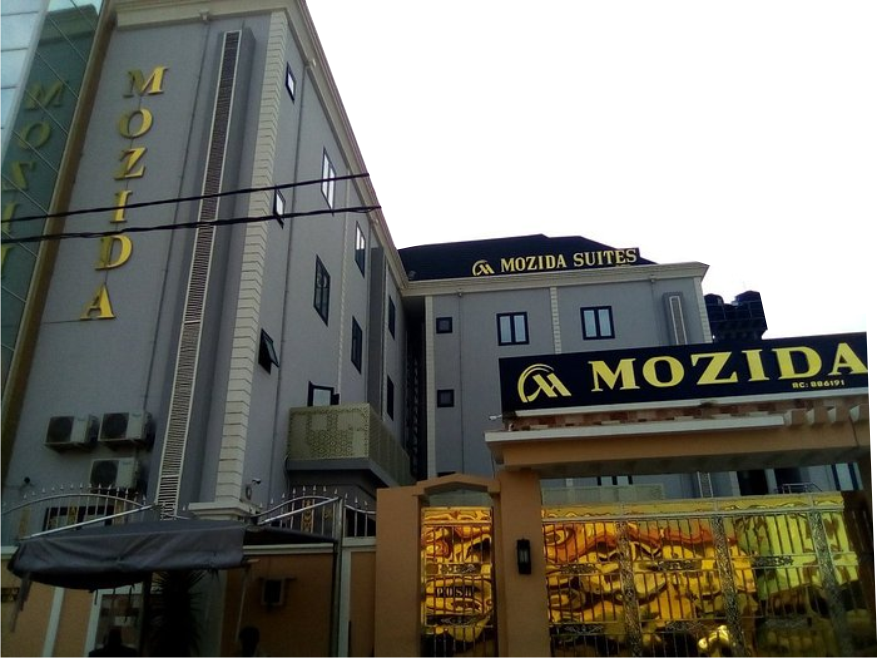

BY GODWIN OBI
The National Economic Council (NEC) has announced plans to launch a nationwide crackdown on illegal gold miners as part of a broader strategy to protect Nigeria’s natural resources and boost government revenue.
The decision follows the Council’s move to expand the mandate of its Ad-hoc Committee on Crude Oil Theft Prevention and Control—chaired by Imo State Governor Hope Uzodinma—to include tackling illegal mining and mineral smuggling across the country.
Briefing Frontline Reporters after the 153rd NEC meeting chaired by Vice President Kashim Shettima at the Presidential Villa, Abuja, Uzodinma said the expanded mandate reflects government’s determination to plug revenue leakages in the solid minerals sector.
“The National Economic Council Ad-hoc Committee on Crude Oil Theft Prevention and Control, which I chair, presented an interim report to the Council today,” Uzodinma said. “NEC received the report with satisfaction and has now expanded our Terms of Reference to cover solid minerals, because our solid minerals are being mined and stolen without contributing to national revenue.”
He explained that the committee would collaborate with the Ministry of Solid Minerals Development, the Nigeria Extractive Industries Transparency Initiative (NEITI), and security agencies to curb gold smuggling, unregulated quarrying, and illicit mineral exports.
“Going forward, our committee, working with other government agencies, will ensure that the country’s revenue from solid minerals such as gold and other precious resources is protected from theft,” he added.
The ad-hoc committee was initially set up in August 2022 under former President Muhammadu Buhari to combat crude oil theft and pipeline vandalism that crippled national output and forced international oil companies to shut down key facilities.
When President Bola Tinubu reconstituted the committee in December 2023, oil production had fallen to between 700,000 and 800,000 barrels per day—well below Nigeria’s OPEC quota—resulting in severe foreign exchange shortfalls.
Nigeria’s illegal mining industry has evolved into a multibillion-naira underground economy, particularly in gold, lithium, and other high-value minerals. NEITI estimates that the country loses more than $9 billion annually to illicit extraction and mineral smuggling.
Unlicensed operations—often controlled by criminal syndicates and armed groups in the North-West and North-Central—have turned gold mining into a major source of funding for banditry and cross-border crime.
A 2023 NEITI audit revealed that more than 80 percent of mining activities in Nigeria remain informal and unregulated, with law enforcement agencies struggling to monitor exports due to inadequate manpower and overlapping institutional responsibilities.
In September 2024, the Ministry of Solid Minerals revoked over 900 dormant mining licenses and introduced a national gold reserve policy to enhance traceability and promote domestic value addition.
Uzodinma said the expanded mandate is designed to integrate the fight against illegal mining into a national resource protection framework modeled after the oil sector’s anti-theft strategy.
“We have made good progress,” he noted. “Among other things, we recommended that NNPC, working with security agencies and their consultants, strengthen surveillance in the creeks and offshore regions to prevent illegal vessel movements. The same approach will now guide our work in the solid minerals sector.”
The committee is expected to submit its first progress report on the expanded assignment at the next NEC meeting in November.
ADVERTISEMENTS






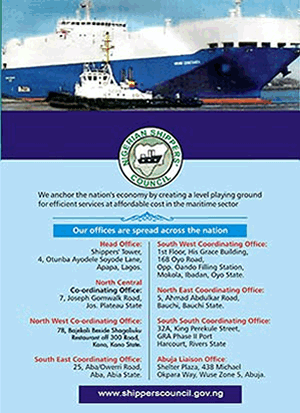


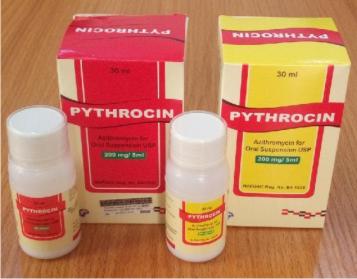
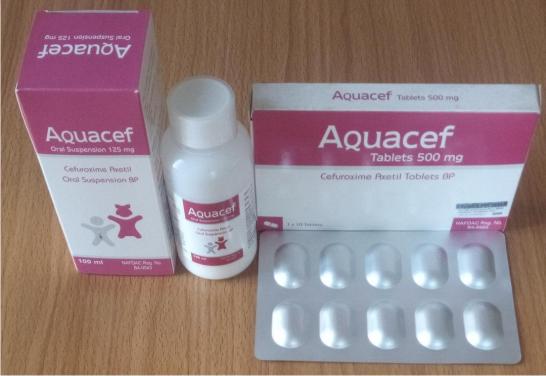



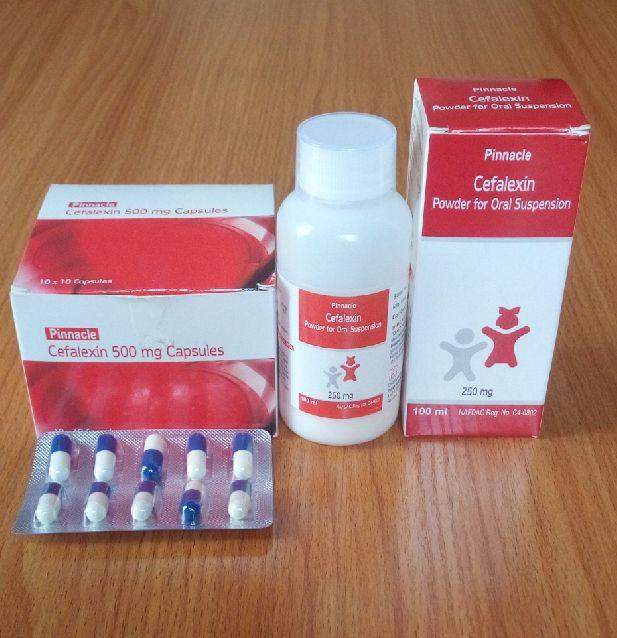

2025-10-21

